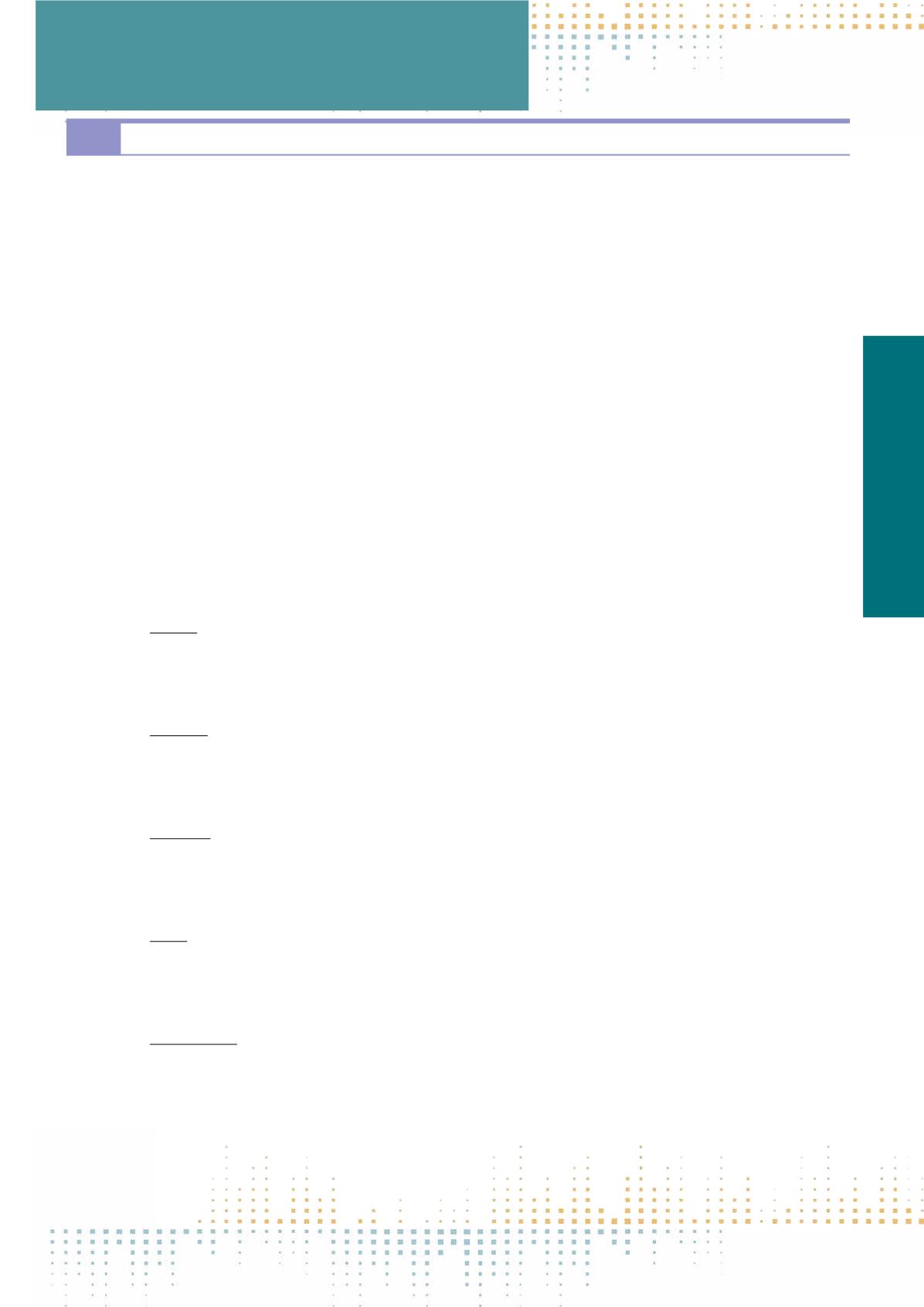

631
Friday, November 11
1 8 : 0 0 – 1 9 : 3 0
YEN01
YECREANetwork Roundtable: The Silence of the Scholars? Rethinking the (Public) Voice of Academia
S. De Vuyst
1
1
Gent University, Gent, Belgium
What is the role of social sciences and humanities scholars in society? How visible should findings be and how valuable is their impact on society? Nowadays,
academics are facing recurring but conflicting strands of critique regarding their role in the public sphere. Many critics ask if an alleged self-sufficiency and
a perceived danger of scholar losing touch with social realities stands in the way of a possible, more general purpose and relevance for society. Another line
of critique states that scholars ought to observe and analyse society but that it is not theirs to comment or intervene. In this panel we address questions
of whether scholars –and young scholars in particular– should aim to make their voice heard in the public, which corresponding challenges they face if they
decide to do so, and what argumentative positions might highlight the necessity of being cautious or staying completely out of the public arena The pan‑
el addresses particularities of reaching out to the public and making research heard beyond comparatively-small academic communities and journals.
The panel’s goals are twofold: In a more hands-on approach, the panelists provide a glimpse of their particular experiences of reaching out to the public,
their interaction with media professionals, journalists or as public speakers, performers, artists and other performative or interventionist approaches. This
part of the panel provides counsel for young scholars considering their first steps of communicating their research to a broader public. Scholars in atten‑
dance should receive supportive hints about what to expect, how to deal with insecurities about their own role and how to cope with potential backlash
from the public. Is public visibility a way to build social capital that also translates into academic capital, or can public visibility also prove a hindrance to
furthering one’s academic future? How does public outreach affect your academic profile (e.g. is it harmful for your research to be associated with a clear
position on certain issues)? How to decide whether you are qualified to give an answer and speak your professional opinion? Do you need to be a versed
journalistic writer yourself? How to be witty and charismatic in front of a microphone? Should you seek training in rhetorics or body language, or is it enough
to be authentic as a professional scholar? In addition to this hands-on“how-to”perspective, the panel’s second major goal is to discuss the role of academia
for and in society in more general terms. The panel will contest conceptions of how and why to breach scholars’“solitary confinement” in their ivory tower
(and what about myth of the “ivory tower” itself?).Is scholars’ (alleged) silence in public debate a consequence of how academic reputation is built and
success is measured –in a tendentially self-referential system of impact metrics and citation indexes? Is our knowledge too vague and volatile to be publicly
acknowledged? Should academia have some kind of actual activist or interventionist ambition, or is the impact and resonance of our research beyond our
competence and authority?
PN 242
Contribution by Joanna Zylinska
J. Zylinska
1
1
University of London, Goldsmiths, London, United Kingdom
Contribution will touch upon rethinking the (public) voice of academia.
PN 243
Contribution by Stephan Ruß-Mohl
S. Ruß-Mohl
1
1
Università della Svizzera Italiana Lugano, Lugano, Switzerland
Contribution will touch upon rethinking the (public) voice of academia.
PN 244
Contribution by Nico Carpentier
N. Carpentier
1
1
Uppsala University, Uppsala, Sweden
Contribution will touch upon rethinking the (public) voice of academia.
PN 245
Contribution by Nele Heise
N. Heise
1
1
Graduate School Media and Communication Hamburg, Hamburg, Germany
Contribution will touch upon rethinking the (public) voice of academia.
PN 246
Contribution by Christian Schwarzenegger
C. Schwarzenegger
1
1
University of Augsburg, Augsburg, Germany
Contribution will touch upon rethinking the (public) voice of academia.
Network –YECREA Network
(YEN01)



















